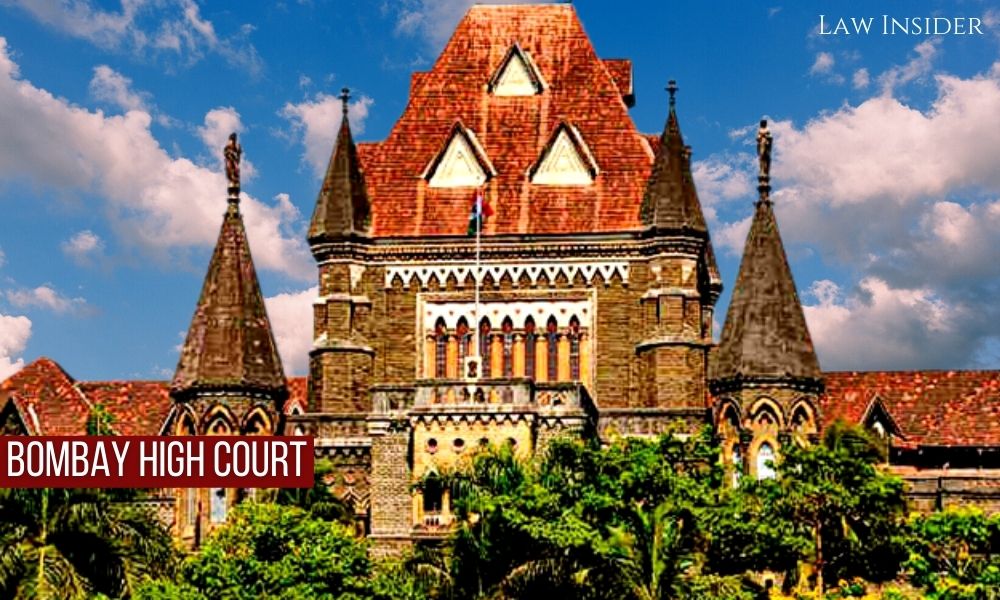Priyanka Singh
Published on: September 12, 2022 at 18:19 IST
The Bombay High Court bench of Justices Dhiraj Singh Thakur and Abhay Ahuja in the case of Commissioner of Customs (Imports) vs. Dinesh Bhabootmal Salecha ruled that –
“A reading of Section 110 A of Custom Act makes it abundantly clear that goods seized may be released to the owner.”
“The said section does not include or envisage release of goods provisionally in favour of an importer of goods much less does it envisage, a release in favour of ‘any person’, in addition to the owner as mentioned in Section 124 of the Act, who has been served a notice under the said section,”
The case heard in the Court was a challenge to an order of Customs, Excise and Service Tax Appellate Tribunal (CESTAT) which allowed the provisional release of seized goods in favour of the respondent who is an importer.
Background –
In November, 2021, two consignments from Hong Kong were seized by the Directorate of Revenue Intelligence where it was found that the consignments contained 3,800 iPhones valued at Rs. 42 Crores which is contrary to the Memory Modules valued at approximately Rs. 80 Lakh, as contended by the sender.
On an application by the importer for the release of goods, the adjudicating authority rejected it and held that no ownership was evident with the importer. However, the CESTAT’s appellate held that ownership was merely a matter of claim attached with liabilities and consequences and that, the importer could claim the ownership.
At the Bombay High Court –
Advocate Advait Sethna, on part of Commissioner of Customs (Import), submitted that the respondent had denied ownership of the seized goods and that they could be released only in favour of the owner, and also contended that the respondent was a smuggling wizard for iPhones into India and allowing release of ownership to him would amount as a contribution to the illegal activities committed by him.
The backer for the respondent, Advocate Prakash Shah, contended that a show cause notice issued u/s 124 of the Act to the importer was sufficient to uphold that the authorities considered him the owner of the goods, which the Court rejected saying –
“It can be seen that issuance of a show cause notice in terms of Section 124 does not necessarily establish that the person in whose name it is issued, is necessarily the owner.”
“The phrases ‘penalty on any person’ and ‘the owner of goods or such person’ suggests that before an order of confiscation is passed, an owner or any other person shall have to be given a notice of the proposed confiscation of goods,” suggesting that the legislature could’ve appointed an owner but it did not.
“Nothing could prevent the legislature from specifically incorporating a provision in Section 110A, which would also entitle, besides an owner, an importer, a beneficial owner or any person holding himself to be an importer to claim a right to seek provisional release of goods in terms of Section 110A of the Act,” it said.
As a clarification, the Court also stated that in case of the Section 125 of the Act, when confiscation is authorized, goods can be released to person other than the owner as opposed to the Section 110 where the authorization of release is only to the owner, therefore setting aside the order by CESTAT as being contrary to the provisions of Section 110.

